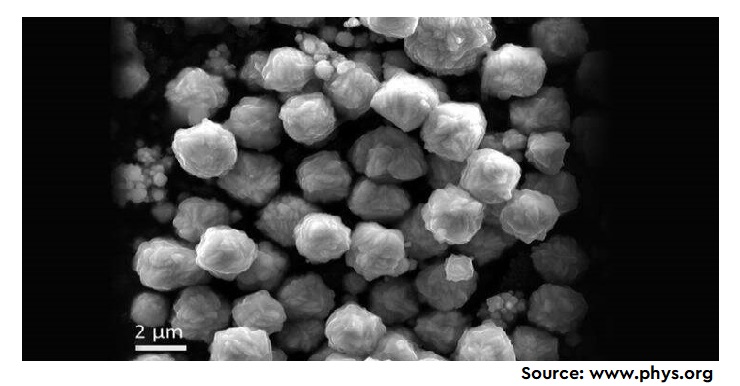The misuse and overuse of antibiotics in livestock and clinical settings is increasing the natural selection of multidrug-resistant bacteria. The resultant is antibiotic resistance bacteria along with the rise in mortality and financial burden on livestock and the healthcare industry. Hence, there is a need for novel strategies to deal with the resistant pathogen. The studies have shown the use of naturally occurring clay to exhibit antimicrobial properties that kill antibiotic-resistant bacteria. The activity of such compound within the clays portray antibiotic properties offering new opportunities for therapeutics for fighting against the post-antibiotic era. However, naturally occurring samples are very heterogeneous, hence there is a need to synthesize minerals of high purity to get the desired antibacterial activity.
The author has identified first-time synthetic smectite clay minerals and microspheres of Fe-sulphide which replicate the geochemical antibacterial characteristics as seen in naturally occurring clays. The discovered mineral formulation is successful in the killing of ESKAPE pathogens by keeping constant ROS production and Fe2+solubility. The research showed a promising avenue to treat wound infections due to antibiotic-resistant bacteria using synthetic antibacterial minerals.







